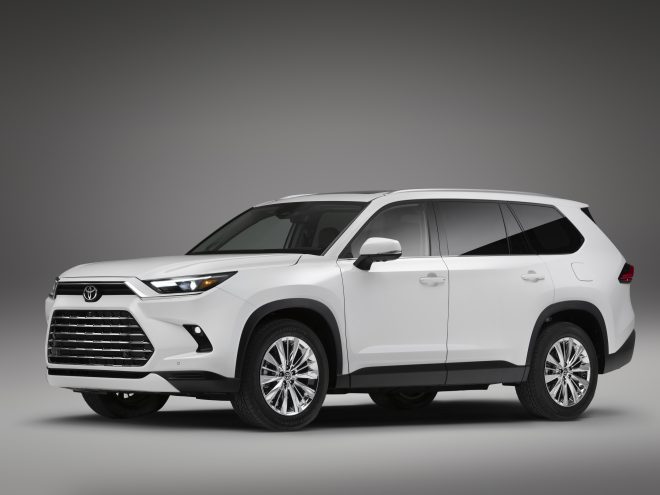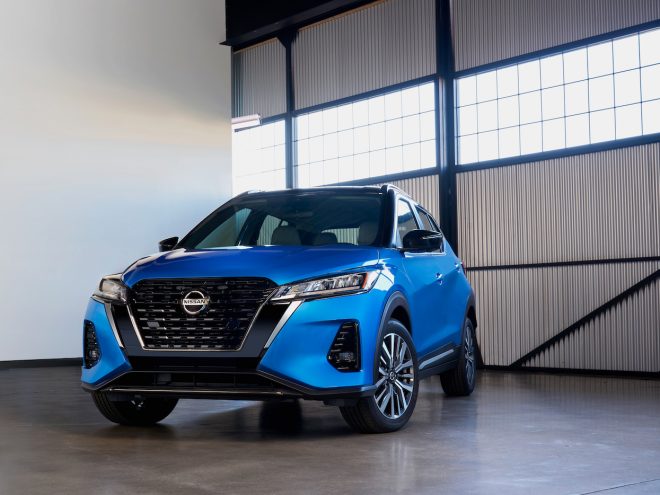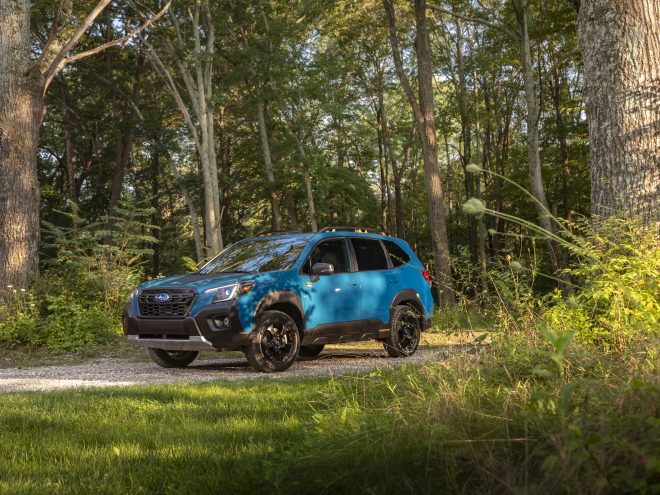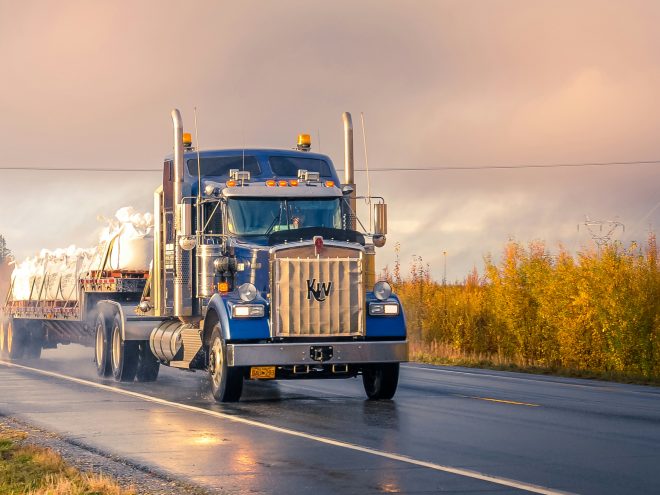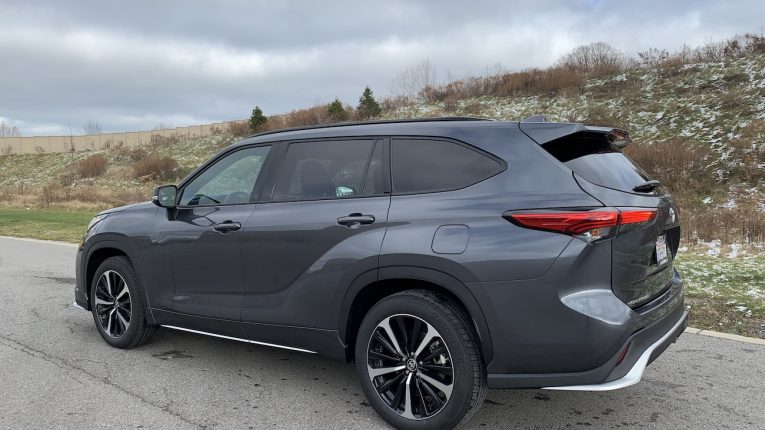
Do You Drive For Work? 4 Things You Should Know
If you drive for work – whether it’s your personal vehicle used for rideshares, or a company-owned commercial truck, you should familiarize yourself with laws and safety tips. Driving a vehicle as part of your job comes with its own rules.
Maintenance
Who is responsible for vehicle maintenance and upkeep? If you drive a personal vehicle for work, you are responsible for all upkeep and repairs on the vehicle. If you drive a company car, like a commercial truck, your employer could be held responsible for maintenance issues, but so could you.
Commercial truck drivers are required to do their own inspections and document the results before, after, and sometimes during trips. But their employer is responsible for keeping track of and maintaining those reports. Therefore, while the bulk of the responsibility is on the driver, the employer needs to make sure their employees are doing their job. Otherwise, the company could be held responsible for an accident caused by improper maintenance. Alternatively, if there is a faulty or defective vehicle part that causes an accident, the liability could fall on the part manufacturer.
Insurance
Whose insurance will cover you in the case of a crash? If you drive your personal vehicle for a rideshare company like Uber, or for a delivery service like DoorDash, your employer has insurance to cover you. The exact amount and stipulations differ per employer, but most companies only provide coverage while the employee is active.
Being “active” means that a rideshare driver is completing a ride, or that a delivery person is making their delivery. If the employee is in their car and in between patrons, they usually have less (or no) insurance coverage from their employer. In general, in the case of an accident, the best thing to do is to report it to your employer. They will most likely have some level of insurance to cover you for any injuries or property damage.
Injuries
What happens if you get injured in a car accident and can’t continue to work? If you are an employee, and not an independent contractor, you are most likely covered by workers’ compensation benefits. Workers’ compensation is a type of insurance that most employers have to cover their employees in the case of an on-the-job injury. If you are an employee who gets injured while driving for work, such as a truck driver involved in an accident, you should be covered by these benefits.
Attorneys who specialize in workplace accidents, like those at DiMarco Araujo Montevideo, can help victims navigate the workers’ compensation system. These benefits are there to cover medical expenses as well as lost income from your recovery time when you are unable to work.
Reimbursement
Employees multiply this rate by the number of miles they drive over a payment period and then get reimbursed by their employer. An example of this would be healthcare workers who tend to travel to and from clients’ homes. With the help of home care scheduling software, they can track their mileage expenses when caring for their patients so that their employer has the details all in one place in order to reimburse them for travel.
When it comes to gas, not many professional drivers are reimbursed. Employees of trucking companies should receive fuel cards that they can use to pay for gas, but all independent contractors who drive for work are responsible for buying their own gas. Recently, to address rising gas prices, Uber instituted a new surcharge that riders must pay, with the entirety going to drivers to help cover gas.


